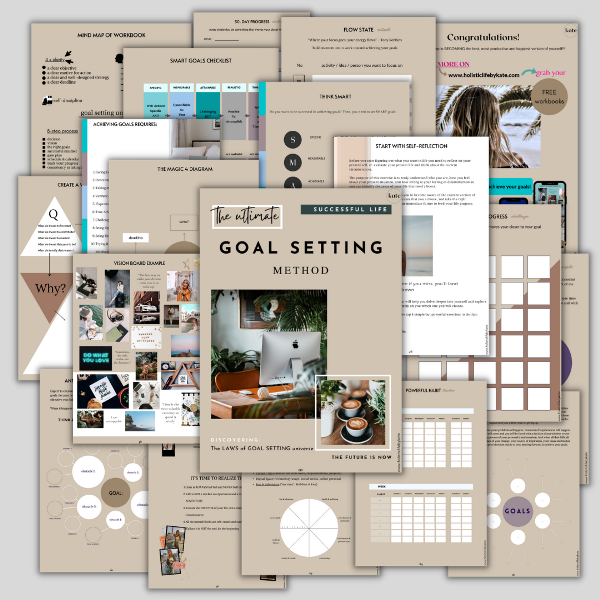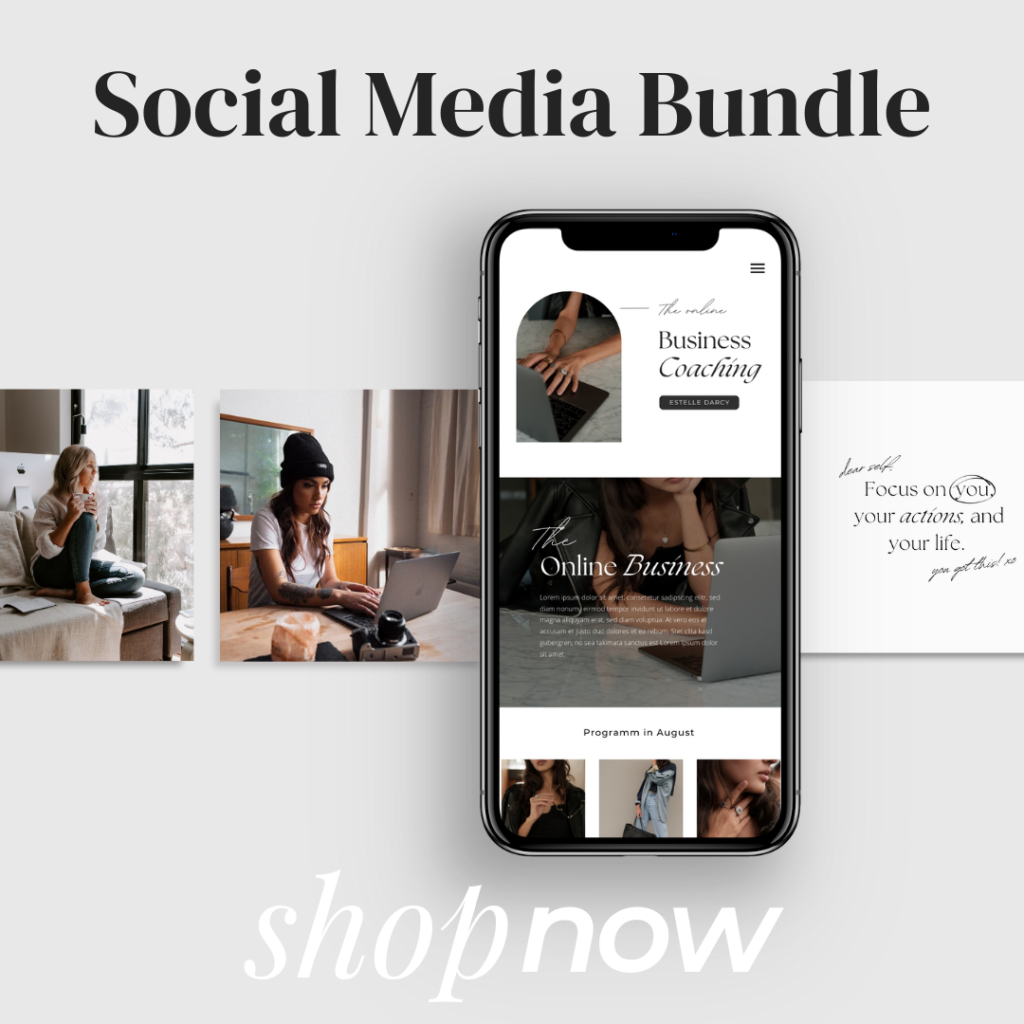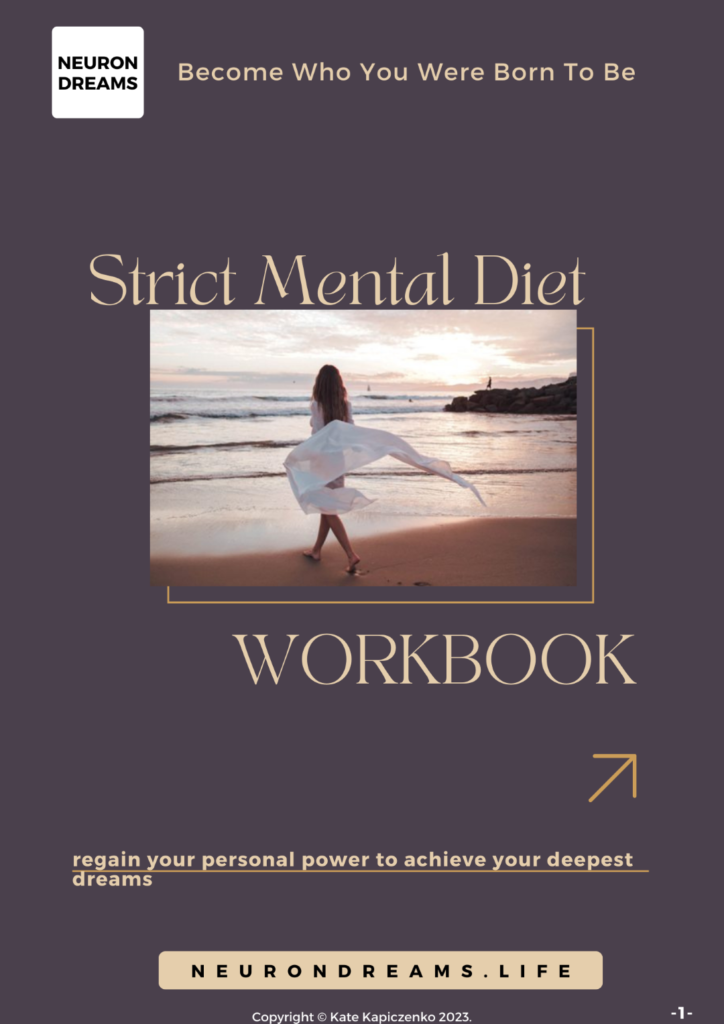Table of Contents
Financially Free
Financial freedom doesn’t happen by accident for the most part but is the result of hard work, having a well-designed financial plan and making a consistent effort towards achieving one’s financial goals.
So if you were beginning to lose hope you’d ever build wealth, I’m here to tell you that you can not only improve your financial situation right away but also you can make your money grow faster. But first, you need to set clear financial goals that will help you to achieve financial security and plot your path to success.
In case you are a bit confused about what financial goals you should set for yourself to make 2021 the year of financial stability, here are 10 of the absolutely most important financial goals to start your journey to financial freedom.
1 Goal: Plan Your Wealth
Money can’t buy happiness but they can buy financial freedom and open door to opportunities you didn’t have before. For instance, if you’re struggling financially you cannot afford the highest-ranked University even if you’ve got accepted, you’re not able to travel abroad and see the most beautiful sights for yourself, you cannot improve your healthy eating habits by adding more organic food products into your diet and you cannot afford major medical insurance. All of these “can’t” causes a lot of stress, anxiety and worry. That’s why it is so important to take care of financial health and start building your future wealth right now.
The economic chaos caused by the coronavirus pandemic forces us to focus more on our financial situation. None of us can predict how long it will take for the economy to recover after the Pandemic that’s why planning your wealth and focusing on developing habits for financial stability should be one of your top priorities. Because whether we like it or not, our whole future depends on the financial decisions we take right now.
2 Goal: Be Intentional With Your Shopping
We live in a hyper commercial world where hypnotizing commercials make us buy things that we don’t even need or want. But we continue to spend money on non-essential or even useless items just because others have them. We try so hard to keep up with Joneses instead of focusing on what’s truly important: our own life.
We confuse capitalism with consumerism, free will with manipulation of choice, basic needs with luxury wants and life satisfaction with temporary pleasure. We spend money like there’s no tomorrow only to run out of money before the end of the month. It’s time to change this toxic pattern and become more intentional with shopping. To achieve that I developed the shopping rule of 3. Here is what this rule is about:
- Think before you plan your shopping
Make a well-planned and organized shopping list that will not only help you to stay laser-focused on what you need to buy but also it will make your shopping trip a quick, painless and stress-free (or even pleasurable) experience.
The shopping list you create determines the level of your success during your shopping trip!
Needs (purchase with purpose) – important and essential things you need in your daily life like groceries, cosmetic products, cleaning supplies or medications
Wants (purchase for pleasure) – the things you feel a strong urge to get to satisfy your desire for acquiring it like another pair of jeans, a designer bag or tech gadget that you really don’t need but you’ve always wanted to buy
Wishes – the things that you don’t need or particularly want right now but the purchase of which would change your life for better like a trip around the world or, vintage car or signed the first edition of your favorite book.
- Plan before you act in a shopping centre
Set up an effective shopping budget that will help you to save money, control your spending habits and stay away from temptations and avoid retail seduction. (we’ve all been there!)
If you want your shopping to be a joyful (or at least less stressful) time, free from pressure, debt and questionable financial decisions you need to create a successful budget and stick to it. Plan before you act and shop smarter!
- Think twice before shopping on an empty stomach
Eat a nutritious meal before even thinking about going to the shopping mall. This simple act will help you to avoid mindless shopping and mood-induced overindulgence during your shopping trip.
It’s not a secret that shopping hungry will make you buy more, MUCH more and I am not talking only about junk food and sugary drinks but also about kitchen appliances that you don’t even need. For instance, once in a mall, when I was extremely hungry I bought a purée-maker and I don’t even eat purée… The next day I had to return it… Well, the hungry brain makes bad (shopping) decisions.
3 Goal: Set An Effective Budget
Budgeting is a fancy term for developing a strategic plan for your money that will help you to track how much money you earn and how much money you spend on assets and liabilities you own. And let’s be honest without such a plan your money will be gone before you will even know it. So if you want to make 2021 your best year ever, also in terms of money, creating an effective budget should be one of your top priorities.
Anybody who has ever tried budgeting knows it’s the best and easiest way to stay on top of their finances, organize their spending, track their short and long-term financial goals and of course, avoid debt that can keep you up at night hurting your mental and physical wellbeing.
Creating a successful budget is the first step in regaining control of your finances. So if you want to take control of your finances and start managing your money wisely you need to set an effective budget and do your best to stick to it. And to help you with that, I created a budget template in EXCEL you can find here.
4 Goal: Build Your Emergency Fund
An emergency fund is a bank account with money set aside to cover LARGE unexpected expenses such as unforeseen medical expenses, major car repair or loss of a job due to health problems or economic crises. This financial buffer can keep you afloat in a time of need without having to rely on credit cards, take out high-interest loans or ask your family to borrow you money.
2020 has made it very clear that negative financial events are completely out of our control and always strike without warning. That is why having an emergency fund is a must if you want to be financially prepared to cover unexpected costs without the need to ask for a loan. Not to mention that having some money set aside for covering unexpected costs is necessary for maintaining your peace of mind.
Most financial advisors recommend that you have the equivalent of at least 6-9 months worth of fixed expenses (rent, utilities, groceries) in a savings account for emergencies. However, if you don’t already have an emergency fund putting aside that amount of money may not be attainable in a short period of time. But don’t get discouraged. Start small but start now. Every single month put some extra money into a savings account to create and increase your emergency fund. Be consistent and self-disciplined and you will reach your energy fund goal sooner than you ever thought possible.
“The Laws of Goal Setting Universe” Workbook: The Formula For Success In Setting & Achieving Goals” is a 100-page workbook designed to help you create a crystal clear vision of your future, set the right goals (in alignment with your vision and purpose), create a successful mindset, and develop smart tactics (habits, routines, rituals) that will help you achieve your objectives faster and more easily.
5 Goal: Pay Yourself First
Paying yourself first simply means that before you pay your bills, buy groceries or buy that one item from Amazon cart that has been there for about a month, you set aside a portion of your income (ideally 20%) to saving. In other words, the first thing you should do after receiving the paycheck is to transfer a portion of your income into your savings account.
This simple financial strategy is an effective tool in prioritizing your saving, building up a nest egg to secure your future, increasing your emergency fund and of course, developing solid self-discipline so much needed in building long-lasting wealth. Yet most people still pay themselves last making other people rich by paying for their products or services first.
Don’t be one of those people. Start prioritizing savings and investing in your future making yourself rich.
6 Goal: Start Investing
Most people think that investing is risky, but I think that stuffing your money under a mattress is a bit riskier mainly because of the ongoing inflation. Not to mention that the rate of return for a stock is equal to zero. So I guess it’s really not the best idea to “invest” your money.
The modern monetary theory taught in Universities all around the globe, strongly advocated that inflation is necessary for economic growth. And whether we agree with this presumption or not, this is how modern financial markets work and most likely will continue to doing so.
That’s why if you want to protect yourself against inflation and maintain the same standard of living you need to start investing your money. Otherwise, rising inflation will decrease the purchasing power of money.
Before COVID-19 keeping your money in a savings account to earn a compound interest was quite a good idea but now, when banks offer near-zero interest rates it doesn’t pay off anymore. That’s why those who want to keep their money from losing purchasing power you should start investing in hard assets to boost your security in difficult times.
Of course, this is not investment advice but an encouragement to think about the current economic situation and plan your economic future. And if you need some help with that I highly recommend you find the right financial advisor that will suggest you smart ways to grow your money so that you can sleep peacefully.
Best Books for Beginner Investors
- Unshakeable by Tony Robbins
- Invested by Danielle Town and Phil Town
- The Little Book of Common Sense Investing by Jack Bogle
- The Little Book That Beats The Market by Joel Greenblatt
- The Dhandho Investor by Mornish Pabrai
- Guide to Investing in Gold & Silver: Protect Your Financial Future by Michael Maloney
- Hot Commodities: How Anyone Can Invest Profitably in the World’s Best Market by Jim Rogers
- Street Smarts Adventures on the Road and in the Markets by Jim Rogers
- Investing in One Lesson by Mark Skousen
- A Viennese Waltz Down Wall Street by Mark Skousen
- Come Into My Trading Room: A Complete Guide to Trading by Alexander Elder
- Fundamental Analysis: A Back-To-The-Basics Investment Guide to Selecting Quality Stocks by John C. Ritchie
- Trading Price Action Trends: Technical Analysis of Price Charts Bar by Bar for the Serious Trader by Al Brooks
- Big Money, Little Effort: A Winning Strategy for Profitable Long-Term Investment by Mark Shipman
Best Posts On Personal Finance
- Frugal Living: 20 Practical Tips On How To Save Money But Still Have Fun.
- How To Become Money Conscious And Start Saving Money From Scratch.
- Become A More Mindful Shopper And Save Money! – powerful tips & call to action
- My Top 10 Must-Haves for Living a Healthy and Balanced Lifestyle
- Mindful Money Management
7 Goal: Start A Side Hustle
The next smart financial goal I highly recommend you set for yourself in 2021 is to start a side hustle. Making some extra money outside your daily job will not only improve your financial situation but also it will help you to achieve your most important financial goals faster and more easily. So I guess, it’s worth considering.
The internet has made starting a side hustle extremely easy, creative and fun. Not to mention that it gives you an incredible opportunity to earn some extra money doing what you love without leaving your home. Because, if you have a passion that you could profit from during your spare time you should take full advantage of this opportunity.
If you’re not sure what you can do as a side hustle, here are some pretty good ideas that you can consider:
- Create an online course or webinar
- Sell technical services on Fiverr or Upwork
- Sell homemade or digital products on Etsy
- Start blogging
- Become a Virtual Assistant
- Build a sales funnel with ClickFunnels
- Write an ebook
- Sell your clutter
8 Goal: Improve Your Financial Literacy
Financial education is the best investment you can make because your whole future depends on it. And remember that you don’t need to be an accounting nerd to be on top of your finances. All you need to do is to find the right people and surround yourself with great financial information that will help you to make the right financial decisions starting from today. So instead of leaving your financial performance to fate, take a proactive approach and get educated.
Take advantage of the Informational Era we live in and start increasing your financial literacy without leaving your home the easy way, via the Internet. Read, listen, watch high-quality content on personal finances and start applying what you’ve learnt to not only improve your financial wellbeing but also to avoid financial problems that you had in the past.
Whether you want to get out of debt, build up savings, improve your credit score, start investing with little money or financially secure your child’s future you will find excellent pieces of advice online. Need some guidance? Here are the best (not only in my personal opinion) resources on personal finance you can find:
Best Resources On Personal Finance
- Personal Finance Books
- Rich Dad Poor Dad by Robert Kiyosaki
- Rich Dad’s CASHFLOW Quadrant: Rich Dad’s Guide to Financial Freedom by Robert T. Kiyosaki
- The Richest Man in Babylon Paperback by George S. Clason
- The Bogleheads’ Guide to Investing by Mel Lindauer
- The intelligent investor by Brando Graham
- Think and Grow Rich: The Landmark Bestseller Now Revised and Updated for the 21st Century by Napoleon Hill
- Magic of Thinking Big by David J. Schwartz
- Your Money or Your Life: 9 Steps to Transforming Your Relationship with Money by Vicki Robin
- You Are a Badass at Making Money: Master the Mindset of Wealth by Jen Sincero
- The Total Money Makeover Workbook by Dave Ramsey
- The 4-Hour Work Week: Escape the 9-5, Live Anywhere and Join the New Rich by Tim Ferriss
- The Millionaire Next Door: The Surprising Secrets of America’s Wealthy by Thomas J. Stanley
- I Will Teach You to Be Rich, Second Edition: No Guilt. No Excuses. No BS. Just a 6-Week Program That Works by Ramit Sethi
- The Total Money Makeover: Classic Edition: A Proven Plan for Financial Fitness by Dave Ramsey
- Start Your Own Corporation: Why the Rich Own Their Own Companies and Everyone Else Works for Them by Garrett Sutton
- Youtube Channels
- Bloomberg TV Markets and Finance
- MoneyTalks News
- GoldSilver (w/ Mike Maloney)
- Bigger Pockets
- The Financial Diet
- SeedTime Money
- Podcasts
- Financial Times – Banking Weekly
- Morgan Stanley Ideas Podcast
- Bloomberg Masters in Business Podcast
- Bloomberg P&L
- Exchanges at Goldman Sachs
- Financial Times News Briefing
- Financial Modeling Podcast
- Motley Fool Money
- Blogs on Business & Personal Finance
- Financial Samurai
- I Will Teach You to Be Rich
- Business Insider
- Real-Time Economics
- Freakonomics
- The Consumerist
- Calculated Risk
- The Conscience of a Liberal
- Board games
- Cashflow
- Monopoly
9 Goal: Create A Cush Cushion
A cash cushion is a separate fund that is established and set aside solely to be used for the purpose of covering unexpected (relatively SMALL) costs such as medical emergencies, pet emergencies, car repair, home repair or holiday shopping.
Your cushion doesn’t need to be very big. But it has to be a separated fund so that you don’t compromise your emergency fund to cover small unforeseen costs.
1.Cut unnecessary expenses form your budget
2.Save money on your monthly bills
- Unplug your electronics
- Only wash full loads of dishes or clothes
- Turn off lights during the day & use natural light
- Use less hot water Install a digital thermostat (or turn your thermostat down)
- Limit your water usage
- Turn your water heater down
- Change your air filters more often
- Switch light bulbs
- Caulk and weatherstrip windows and doors
- Run your major appliances in off-peak hours
3. Get rid of one hobby that costs you money
4. Cancel subscriptions & memberships that you don’t need anymore
5. Monetize your hobby
6. Sell your clutter
- Etsy
- Poshmark
- Marketplace on Facebook
- Amazon – declutter and sell on Amazon
- eBay – declutter and sell on eBay
Best Financial Apps Of 2021
- Qapital here – Banking designed with your goals in mind
- Wally here – professional expense report app
- Mint here – saving and budgeting app
- Digit here – saving app
- Every Dollar here – budget tool and expense tracker
- Acorns here – saving and budgeting app
- You Need a Budget here – create a budget within your actual income
- Prism Bills&Money here – organizing and paying bills app
- Bill Watch here – managing, organizing and reminding bills payment app
- Albert here – saving, budgeting and paying a debt app
- Tycoon here – Freelancers app
- Personal Capital here – investment optimization app
- PocketGuard here – extra money spending app here – categorizes and organizes your expenses, monthly bills, and subscriptions
- Travel Wallet iOS / Android – travel budget and expense app
Grab Your Free Printable Workbooks
Stay positive, be mindful and set SMART financial goals for a successful 2021!
xo Kate


















